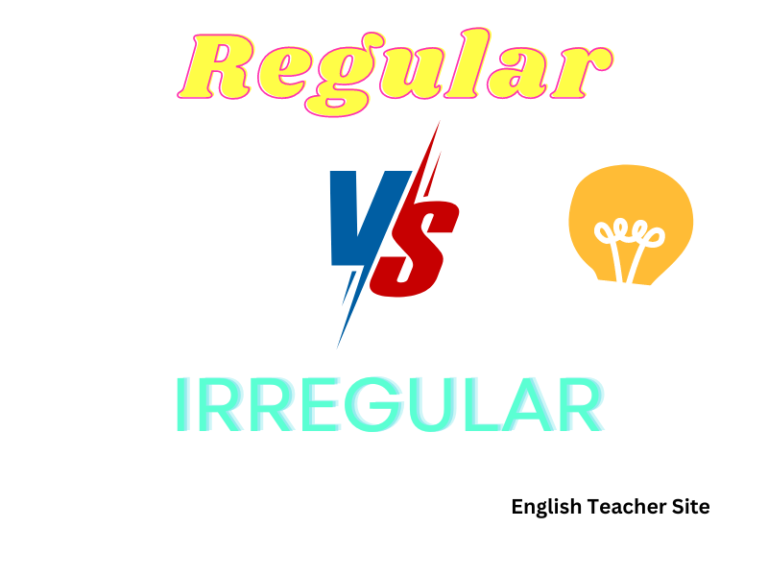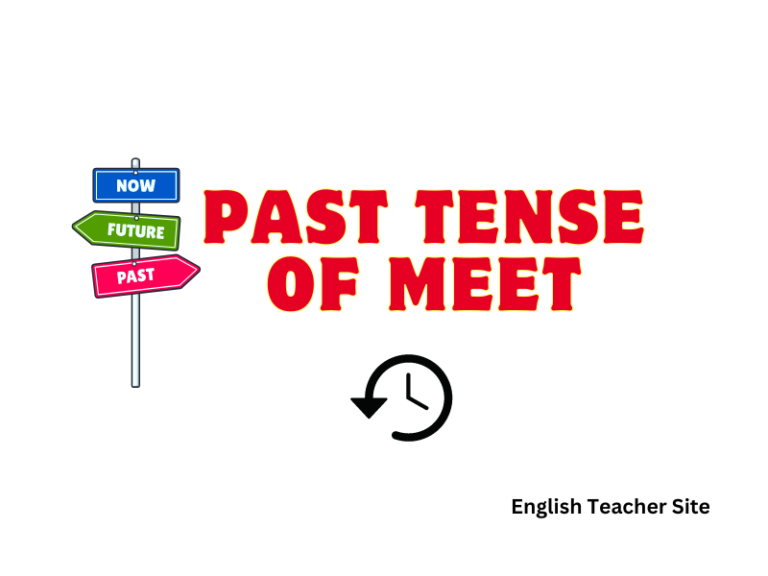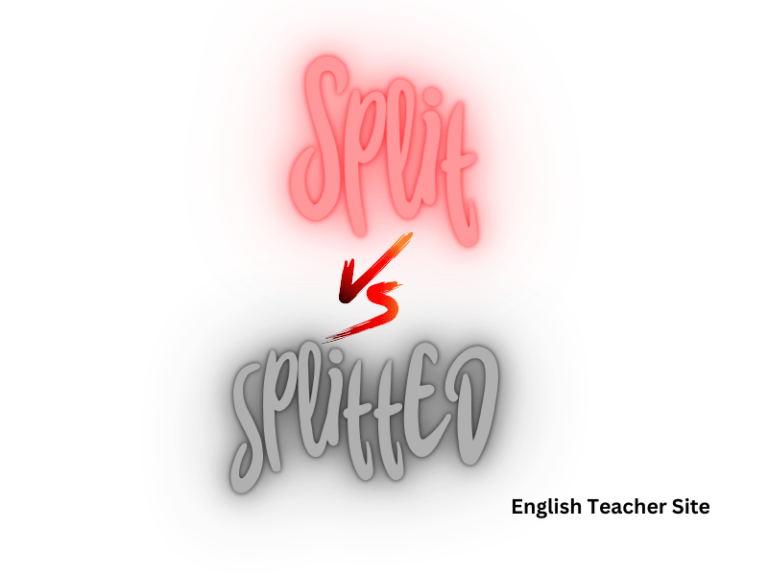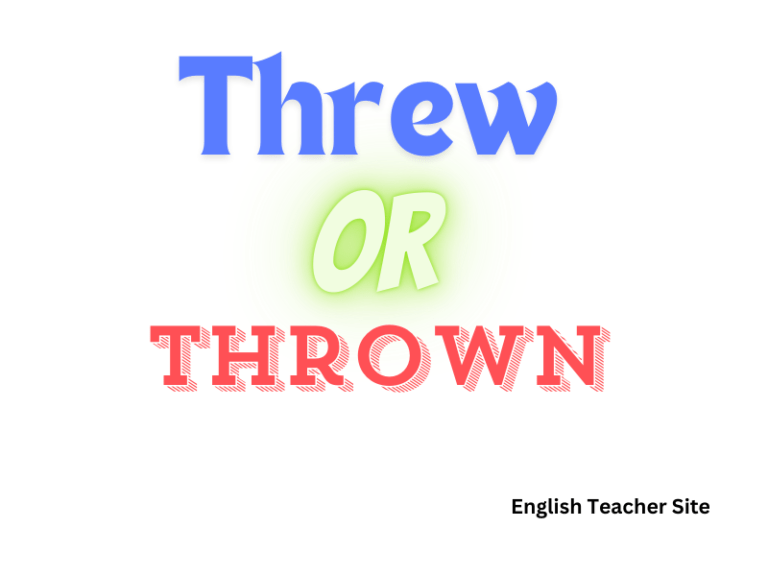When to Use Complement vs Compliment: Understanding the Difference
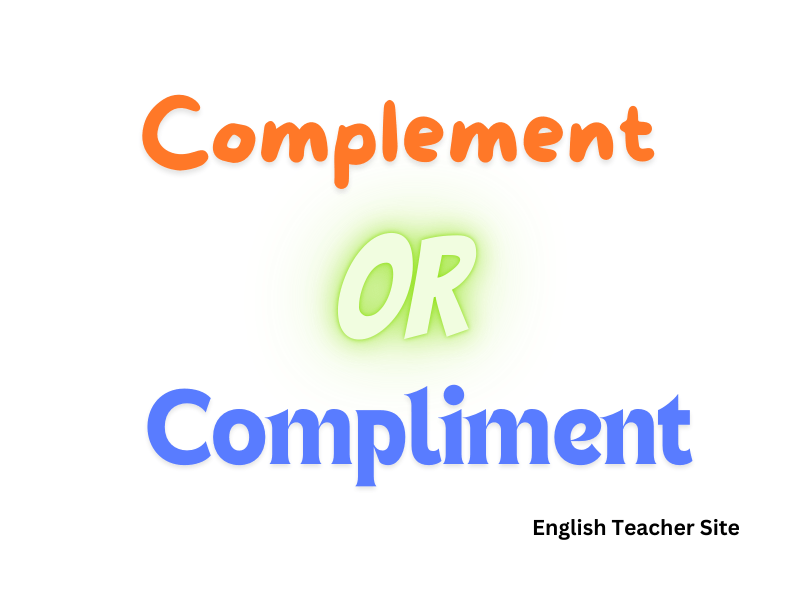
- “Complement” is used when referring to something that completes or goes well with another.
- “Compliment” relates to offering praise or expressing admiration.
- Context is critically important in deciding whether to use “complimentary” or “complementary.”
Navigating the use of “complimentary” versus “complementary” can also pose challenges. “Complimentary” is the adjective form of “compliment” and is used to describe something given freely, like a hotel providing complimentary breakfast. “Complementary,” the adjective form of “complement,” describes items or concepts that work well together, such as wine being complementary to a certain dish. Recognizing the context and intended meaning is key to choosing the correct word between “compliment” and “complement.
“Compliment” and “Complement”: What’s the Difference?
“Compliment” relates to expressions of praise, approval, or admiration. This term often reflects a positive sentiment towards a person or their achievements.
“Complement,” on the other hand, refers to something that completes or goes well with something else, enhancing its qualities.
Here are two tables summarizing the distinctions:
Usage of “Compliment”
| Function | Example |
|---|---|
| As a noun | She received a compliment on her eloquent speech. |
| As a verb | He decided to compliment her on her innovative ideas. |
Usage of “Complement”
| Function | Example |
|---|---|
| As a noun | The wine was a perfect complement to the cheese platter. |
| As a verb | The curtains complement the color scheme of the room. |
To further illustrate:
Compliment in a sentence:
- As a noun: His supervisor offered boldcompliments on the successful project.
- As a verb: She complimented the chef on the exquisite meal.
Complement in a sentence:
- As a noun: The smartphone case is an ideal complement to the new device.
- As a verb: These shoes perfectly complement the dress.
Determining When to Use “Compliment” vs “Complement”
“Compliment” generally pertains to praise or admiration. When someone commends another on a job well done or expresses approval, they are giving a compliment.
“Complement,” however, is about completeness or enhancement. An item or quality that goes well with another, enhancing its qualities or making it whole, is said to complement it.
Usage of “Compliment”
| As a Noun | As a Verb |
|---|---|
| An expression of praise: “She received compliments on her presentation.” | To praise or admire: “He complimented her on her eloquent speech.” |
Usage of “Complement”
| As a Noun | As a Verb |
|---|---|
| Something that completes: “The wine is the perfect complement to the cheese platter.” | To complete or enhance: “The scarf complements her outfit beautifully.” |
When remembering the difference, consider these points:
- A compliment can be paid to someone.
- A complement makes something else complete.
Navigating “Complimentary” vs “Complementary”
Complimentary implies the act of expressing praise or providing something at no cost. One can give a complimentary remark or receive a complimentary item.
Complementary refers to something that completes or goes well with something else. Items or actions are complementary when they enhance each other’s qualities.
Below are tables summarizing the use of both words:
Complimentary Usage
| Context | Example |
|---|---|
| As an adjective | The complimentary tickets were a bonus for early registrants. |
| Expressing praise | She received complimentary remarks about her presentation. |
Complementary Usage
| Context | Example |
|---|---|
| As an adjective | Their skills are complementary to each other in the team. |
| Enhancing quality | The wine and cheese were complementary flavors. |
Complimentary:
- Often relates to politeness or gifts.
- Can be used when something is free of charge.
- May describe flattering comments.
Complementary:
- Connects items that enhance or perfect each other.
- Used in discussions about compatible pairs.
- Does not imply anything is free.
Tracing the History of “Compliment” and “Complement”
“Compliment” made its way into English through the Spanish cumplimiento in the mid-1600s. It reflects acts of politeness or expressions of praise. Over time, its usage has been consistent with the gesture of acknowledging something positively.
| Century | Usage of “Compliment” |
|---|---|
| 17th | Associated with acts of courtesy and praise |
| 18th – Now | Used to express admiration or congratulate |
| Century | Usage of “Complement” |
|---|---|
| 14th | Contexts of completion and enhancement |
| 18th – Now | Refers broadly to things that go well together |
The historical journey of these words:
“Compliment”
- Originated from social etiquette
- Evolved to mean praise or admiration
“Complement”
- Stemmed from the concept of completion
- Evolved to signify harmony or enhancement
Examples of Sentences Featuring “Compliment”
| Compliment as a Noun | Compliment as a Verb |
|---|---|
| She received a compliment on her eloquent speech. | He complimented her on her new hairstyle. |
| His boss gave him a compliment for his punctuality. | She complimented the chef on the exquisite meal. |
| The teacher’s compliment made the student’s day. | They complimented the team on a job well done. |
In these examples, “compliment” conveys positive acknowledgment. For more specificity:
As a noun:
- Receiving a compliment on work performance can be quite motivating.
- A gracious compliment can often serve as a social icebreaker.
As a verb:
- To compliment someone on their insights reflects both respect and agreement.
- It is a kind gesture to compliment a friend on their achievements.
Examples of Sentences Demonstrating “Complement”
Sentence Examples:
- The gravy is an excellent complement to the mashed potatoes, making the dish more flavorful.
- Her skills as an editor complement her writing, resulting in a well-rounded publication.
Sentences with Noun Usage
| Subject | Verb | Complement (Noun) | Complete Sentence |
|---|---|---|---|
| The red curtains | are a | complement to | The red curtains are a complement to the grey living room. |
| His sense of humor | is a | complement to | His sense of humor is a complement to his serious persona. |
Sentences with Verb Usage
| Subject | Verb (Complement) | Object | Complete Sentence |
|---|---|---|---|
| The scarf | complements | her blue eyes | The scarf complements her blue eyes beautifully. |
| This wine | complements | the savory meal | This wine complements the savory meal perfectly. |
List of Benefits Showing Complementary Elements:
- Color schemes: A warm color can complement cooler shades to generate visual balance.
- Music in movies: An orchestral score can complement a film’s emotional tone.
- Gardening: Certain flowers complement each other by attracting beneficial insects.
Synonyms for “Compliment”
Positive Words as Synonyms
- Praise: To express approval or admiration for someone or something.
- Admiration: The feeling of admiring someone or something.
- Approval: A favorable opinion about something or someone.
- Kudos: Praise given for achievement.
- Accolade: An award or privilege granted as a special acknowledgment of merit.
Expressions of Compliment
Table 1: Common expressions used as compliments
| Expression | Use Case |
|---|---|
| “Well done” | Acknowledging someone’s accomplishment |
| “Good job” | Praising someone’s efforts |
| “That’s impressive” | Showing admiration for an achievement or quality |
| “You look wonderful” | Complimenting someone’s appearance |
| “I’m proud of you” | Expressing personal admiration for someone’s actions |
These expressions serve the same function as a compliment, highlighting positive attributes, efforts, or achievements.
Table 2: Formal synonyms for “compliment”
| Synonym | Context |
|---|---|
| “Encomium” | A formal expression of high praise |
| “Eulogy” | A spoken or written tribute, often for someone deceased |
| “Panegyric” | A public speech or text in praise of someone or something |
| “Laudation” | An act of praising |
| “Honorable Mention” | Special recognition for an achievement |
Colloquial Terms as Synonyms
- Props: Slang for “proper respect” or recognition.
- Shout-out: A public expression of thanks or acknowledgment.
- “Big up”: Caribbean English slang for giving respect or praise.
- Salute: Recognizing or honoring someone.
Synonyms for “Complement”
Below are synonyms for “complement” that can be used to convey this idea of completion or enhancement in different contexts.
Synonyms That Imply Enhancement or Completion
| Synonyms | Contexts in which they are often used |
|---|---|
| Enhancement | When something improves the quality or function of something else |
| Accessory | Often used for items that add to or complete an outfit |
| Counterpart | Refers to something corresponding to another in function or nature |
| Accoutrement | Equipments or accessories associated with a particular activity |
Synonyms That Emphasize Compatibility or Coexistence
| Synonyms | Contexts in which they are often used |
|---|---|
| Match | Refers to something that corresponds well with another |
| Pairing | Often used in culinary or fashion contexts to indicate a good combination |
| Set | Implies a group of things made to be used together |
| Corollary | Indicates a proposition that follows from one already proven |
In a sentence, these synonyms could be applied as follows:
- The soft scarf is the perfect enhancement to her autumn wardrobe.
- A leather belt is a classic accessory for a pair of jeans.
- They are each other’s counterpart; one’s strengths are the other’s weaknesses.
- The gourmet cheese was a suitable pairing with the fine wine.
Phrases Incorporating “Compliment”
Common Phrases:
- “Pay a compliment”: To give someone praise.
- “Backhanded compliment”: A statement that seems like a compliment but could also be taken as an insult.
- “Fish for compliments”: To try to get someone to say nice things about you.
Usage in Praise:
| Situation | Phrase with “Compliment” |
|---|---|
| Formal Appreciation | “I must compliment you on your excellent presentation.” |
| Responding to Kindness | “Thank you for the kind words; your compliments are always appreciated.” |
Verbs often used with “compliment”:
- Give
- Offer
- Receive
- Accept
Actions Requiring a Compliment:
- Remarkable achievement
- Notable kindness
- Exceptional attire
- Impressive skill or talent
Unveiling the Origin of “Compliment”
The word “compliment” conveys an expression of praise, admiration, or congratulation. It is derived from the Italian “complimento”, which in turn stems from the Spanish “cumplimiento”, a term signifying the fulfillment of the requirements of courtesy. These origins date back to the late 16th to early 17th centuries.
| Language | Term | Meaning |
|---|---|---|
| Italian | Complimento | A courteous greeting or wish |
| Spanish | Cumplimiento | Fulfillment of courtesy |
The journey of “compliment” from Italian and Spanish to the English language involves a refinement in understanding. It is no longer just about courtesy but has broadened to entail all forms of admiration and respect.
Early uses of “compliment” in English literature highlight these polite expressions as part of sophisticated social conduct. The term was especially prevalent in contexts like the court or among the nobility, where etiquette ruled interactions.
| Century | Usage Context | Significance |
|---|---|---|
| 17th Century | Courtly Etiquette | Polite Social Conduct |
| 17th Century | Noble Interaction | Expression of Praise |
By the 17th century, “compliment” was firmly embedded in the English language with its current meaning. It diverged from the earlier term “complement”, which signified that something completes another thing or brings it to perfection.
- Early 17th Century: “compliment” used among nobility to express respect.
- Modern Usage: “compliment” applies to both formal and casual contexts to convey praise.
Sources
Harper, Douglas. “Etymology of compliment.” Online Etymology Dictionary.
Harper, Douglas. “Etymology of complement.” Online Etymology Dictionary.
“Compliment.” Farlex Dictionary of Idioms.
My name is Khamis Maiouf. I am the creator of the English Teacher Site, dedicated to providing valuable resources and insights for students around the world. With a passion for education and a commitment to helping students enhance their skills, I aim to make English teaching more effective and enjoyable for both educators and students.

